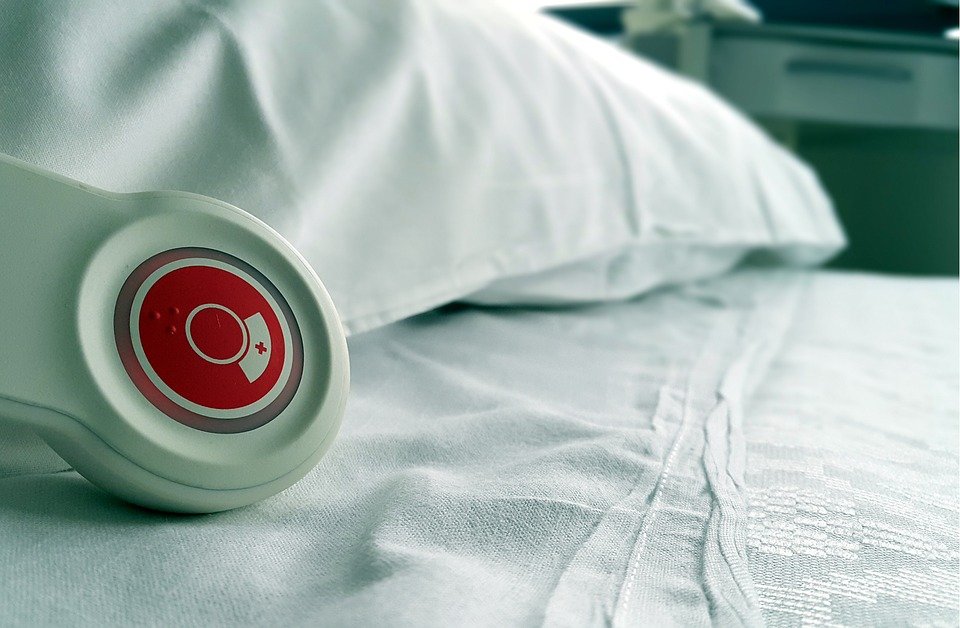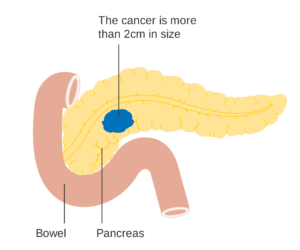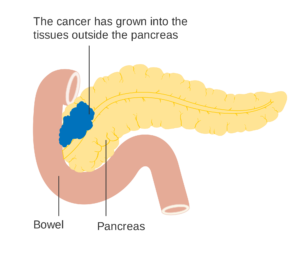Constipation – Causes and Remedies
What is constipation?
Constipation involves the bowel movements which are difficult, irregular and less common than usual. Although this condition is usually acute and not too serious, it causes discomfort, and it can lead to other conditions which are more serious and painful.
What are the symptoms of constipation?
The most obvious symptom of constipation is having trouble straining and making a bowel movement. It also includes having few bowel movements and having them less frequently than usual, having very hard or small stools, experiencing abdominal pain and swelling, and in some cases even vomiting and nausea may occur.
The causes of constipation
 Constipation can be caused by a variety of factors. Some medicines, such as antacids or medicines with calcium, iron or aluminum can cause this problem. Then, eating disorders and wrong eating habits can also cause constipation. Lack of physical activity is another common cause, and some medical conditions such as irritable bowel syndrome and colon cancer. Stress is another common cause as well, and the sudden changes in usual activities, diet and routines.
Constipation can be caused by a variety of factors. Some medicines, such as antacids or medicines with calcium, iron or aluminum can cause this problem. Then, eating disorders and wrong eating habits can also cause constipation. Lack of physical activity is another common cause, and some medical conditions such as irritable bowel syndrome and colon cancer. Stress is another common cause as well, and the sudden changes in usual activities, diet and routines.
Treating constipation
Constipation itself can be treated in case it is caused by stress, wrong diet or inactivity. However, in case it is caused by another medical condition, then the condition is the one that should be treated first.
Medical treatment
Constipation usually does not require serious medical treatment. However, you can use some of the commercial over-the-counter drugs after consulting with your doctor or pharmacist. Mild laxatives and medicines containing magnesium hydroxide or docusate should be used, but they are not to be used for longer than two weeks. Overusing laxatives can actually make the symptoms worse instead of healing them.
Home treatment
In most cases of constipation, there is no need for drugs, but the problem can be resolved by improving the diet and implementing some helpful daily routines. Drinking more water can help resolve the problem, as well as drinking a glass or lukewarm water in the morning. Eating more fruit, vegetables and cereal increase fiber intake, which is helpful with digestion and defecation. Prunes and bran cereal are a great home remedy for constipation, and you should consume them if you have this problem.
Preventing constipation
Constipation can be prevented, and you should consider it especially if you are prone to suffering from this condition. In case your constipation is not caused by another medical condition, you can modify your diet and habits so that you do not encounter this problem any longer.
Prevention by food
Eating balanced and healthy diet can largely influence your overall health, and therefore the health of your bowel as well. Eat plenty of fresh fruit and vegetables, as well as cereal, nuts and seeds. This will help you supply your body with fiber, which is crucial for digestion and defecation; and make sure to drink plenty of water as well.
Changing habits to prevent constipation
If you are constipated because of stress, try avoiding stressful situations and implement relaxation techniques. Increase physical activity as well, and it will not only help you with constipation problem, but it will also make you feel better and happier overall.
…
Read more



 Listening to what your body tells you on daily bases is the best way to catch every disease in an early stage. The problem is when body remains silent, and the illness progresses insidiously. This is the case with pancreatic cancer. The first symptoms usually appear when cancer has already grown significantly. The clinical picture that raises suspicions consists of unspecific signs, such as abdominal pain radiating to the back, weight and appetite loss, painless jaundice, nausea and vomiting and fatty, pale, smelly stools. Once you catch it, treatment options are pretty limited.
Listening to what your body tells you on daily bases is the best way to catch every disease in an early stage. The problem is when body remains silent, and the illness progresses insidiously. This is the case with pancreatic cancer. The first symptoms usually appear when cancer has already grown significantly. The clinical picture that raises suspicions consists of unspecific signs, such as abdominal pain radiating to the back, weight and appetite loss, painless jaundice, nausea and vomiting and fatty, pale, smelly stools. Once you catch it, treatment options are pretty limited. A team of scientists from the Queen Mary University of London might have a way to improve current therapy approaches. They conducted an early study, and the initial results are promising. They studied the morphology and behavior of the pancreatic tumor and searched for the way to amplify the effects of currently used chemotherapy. So far, chemotherapy used particular drugs, such as gemcitabine, to target and attack malignant cells. But malignant cells are surrounded by stromal cells, supporting tissues, important for tumor growth, metastases and communication between tumor cells.
A team of scientists from the Queen Mary University of London might have a way to improve current therapy approaches. They conducted an early study, and the initial results are promising. They studied the morphology and behavior of the pancreatic tumor and searched for the way to amplify the effects of currently used chemotherapy. So far, chemotherapy used particular drugs, such as gemcitabine, to target and attack malignant cells. But malignant cells are surrounded by stromal cells, supporting tissues, important for tumor growth, metastases and communication between tumor cells.